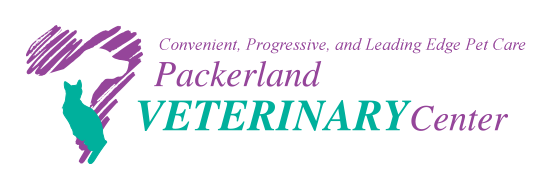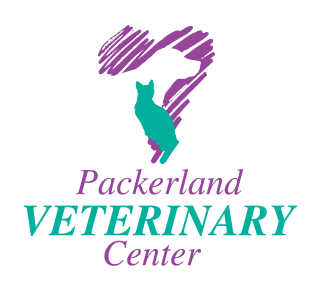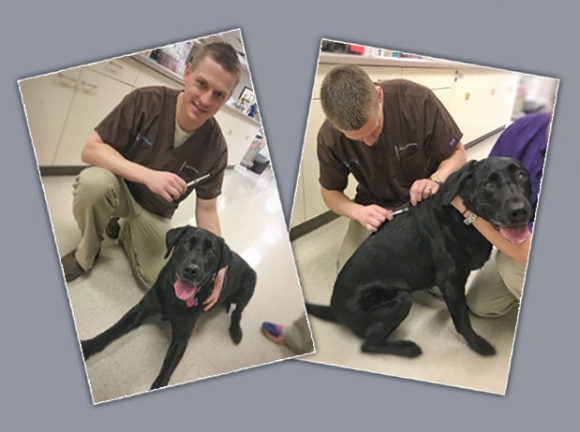


SERVICES
Cancer Care
 It is always difficult to learn that your beloved pet may have cancer. We have many diagnostic tools such as ultrasound, radiographs and bloodwork that can help us diagnose and determine the best treatment plan for your pet. Some cancers can be cured by our veterinarians with aggressive surgical removal, but for those that cannot be, our hospital offers other methods of treatment such as Chemotherapy and use of the K9-ACV Cancer Vaccine. Fortunately, there are now multiple ways to help our pets live longer, happier lives!
It is always difficult to learn that your beloved pet may have cancer. We have many diagnostic tools such as ultrasound, radiographs and bloodwork that can help us diagnose and determine the best treatment plan for your pet. Some cancers can be cured by our veterinarians with aggressive surgical removal, but for those that cannot be, our hospital offers other methods of treatment such as Chemotherapy and use of the K9-ACV Cancer Vaccine. Fortunately, there are now multiple ways to help our pets live longer, happier lives!Chemotherapy
Thankfully, animals tend to tolerate chemotherapy treatment better than people. Pets experience far fewer side effects and do not lose their fur. Chemotherapy can be used to reduce the chance of metastasis (spread of cancer to other organs) or to treat many forms of cancer and can greatly increase length of remission. Our doctors have experience with many types of cancer and use the most up to date treatment protocols to give their patients the best possible outcome.
Pets are typically treated on an outpatient basis. Protocols vary but can include single injections at regular intervals, oral medications and, with certain medications, temporary hospitalization with IV fluid therapy. Blood screenings are done regularly and medications are given to reduce nausea as needed. Our doctors work closely with the family to make sure pets are comfortable and treatment is appropriate.
K9 – ACV (Canine Autologous Cancer Vaccine)
In our continued effort to offer the most cutting edge treatments to our patients, we are excited to offer K9-ACV here in the clinic. This approach utilizes the technology of immunotherapy to create a personalized vaccine to help fight various types of cancers. Cancer has a way of hiding in the body, going unnoticed by the immune system which is meant to fight invaders. In the same way a standard vaccine “trains” the cells in the body to identify and fight a specific disease, the pet's own tumor cells are used to create a vaccine to be used so the body recognizes the cancer and begins to fight it.
While the vaccine is not appropriate for all types of cancer, it can be used with any type where there is a lesion large enough for sample removal. The vaccine is a series of three doses which are given at 30 day intervals. While the vaccine does not necessarily provide a cure, there have been very positive results with increased survival time and quality of life.
Stelfonta
Stelfonta is a new injectable drug that is designed to treat and eliminate certain skin-based mast cell tumors in dogs. It is a short procedure where the drug is injected directly into the tumor itself. No anesthesia is necessary although some patients may need a light sedative. Once injected, the drug essentially breaks down the mast cell tumor directly, restricts blood and oxygen supply to the area and stimulates the immune system against the tumor. This treatment does cause the tumor to die off which leaves a subsequent wound in its place. This wound typically takes a few weeks to heal over, but some are more significant and may have longer healing times. Stelfonta has been shown to remove 87% of Mast Cell tumors after one or two treatments and 75% after a single treatment.
This revolutionary injection is a welcome addition to our cancer treatment options as it can provide better results in certain areas that are difficult to fully address with surgical resection and also in patients where there is increased anesthetic risk.
Early Cancer Screening
We now offer multiple, state of the art, lab screening tests for early detection of various types of cancers in dogs. See "Canine Wellness Care" for more information.


